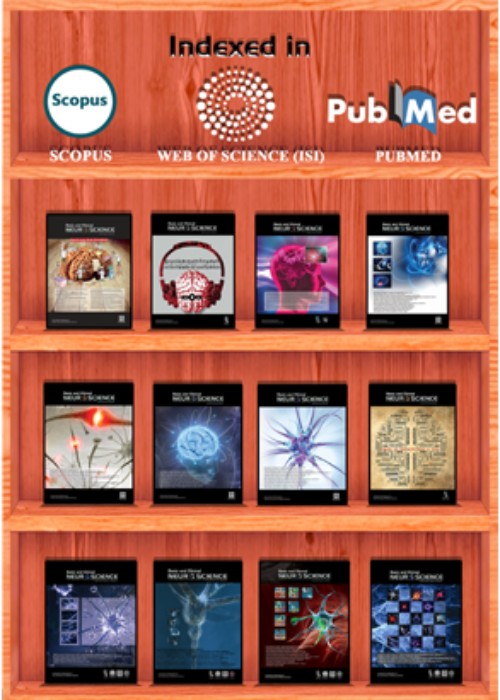Neuroscience-Informed Psychoeducation for Recovery: A Program to Promote Metacognition in People With Substance Use Disorders
A brief neuroscience-informed psychoeducation program (Neuroscience-Informed Psychoeducation for Recovery [NIPER]) was developed to promote awareness (metacognition) in the main cognitive domains affected by drug and alcohol use to increase willingness to invest time and effort in the brain and cognition recovery process. The primary aim of this pilot study was to determine the feasibility and acceptability of the NIPER program and its potential effectiveness in increasing metacognition, psychological wellbeing, and willingness for the brain and cognition recovery programs among patients with Substance Use Disorders (SUDs).
A total of 56 patients with SUDs were recruited from four outpatient treatment centers in Tehran City, Iran. They participated in four 90-min weekly sessions delivered adjunct to their routine treatment. The program’s effectiveness was measured in terms of metacognition and psychological wellbeing at baseline and the end of the program. The rate of adherence and participation and willingness to continue with brain and cognition recovery programs were measured as feasibility outcomes.
A total of 51 participants completed the study. Compared to the baseline assessments, patients reported more problems in dimensions of attention, memory, inhibitory control, decision making, motor/speech, interoception, insight, and a higher level of psychological wellbeing (t=4.66; P<0.001). In terms of feasibility outcomes, the adherence and participation rates were found above 85%. Most participants expressed their high willingness to continue the brain and cognition recovery programs (86.2%) and would introduce NIPER to their peers (98%).
Considering the pilot results in terms of feasibility and preliminary effectiveness of NIPER in the clinical context of addiction treatment, we think that NIPER is a potentially beneficial intervention to be offered to people with SUD. It would increase their awareness and engage them in the brain and cognition recovery process. However, the clinical efficacy of the intervention should be tested in future randomized clinical trials.
- حق عضویت دریافتی صرف حمایت از نشریات عضو و نگهداری، تکمیل و توسعه مگیران میشود.
- پرداخت حق اشتراک و دانلود مقالات اجازه بازنشر آن در سایر رسانههای چاپی و دیجیتال را به کاربر نمیدهد.


